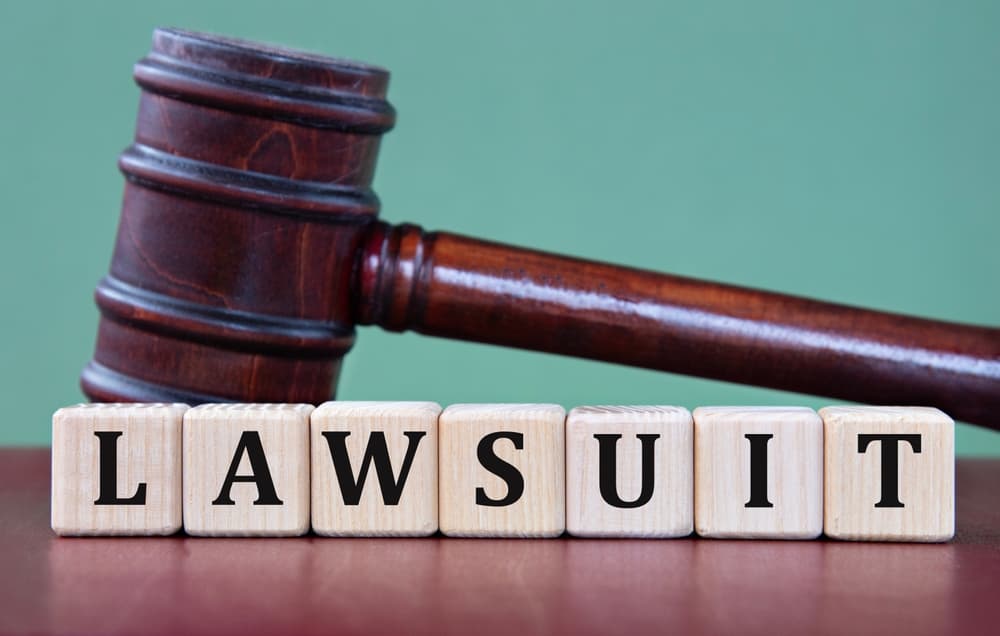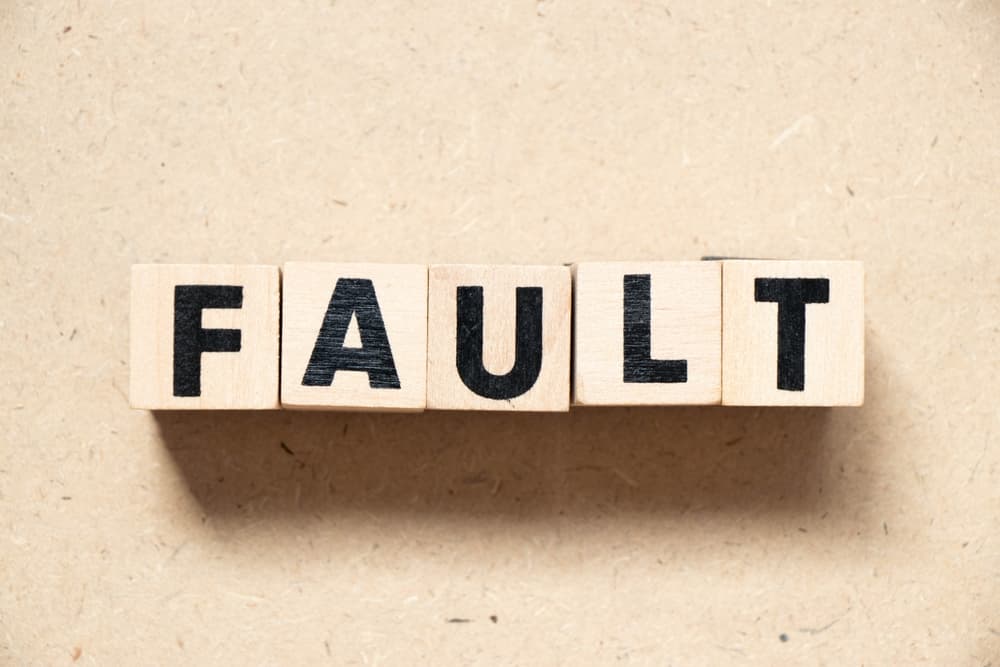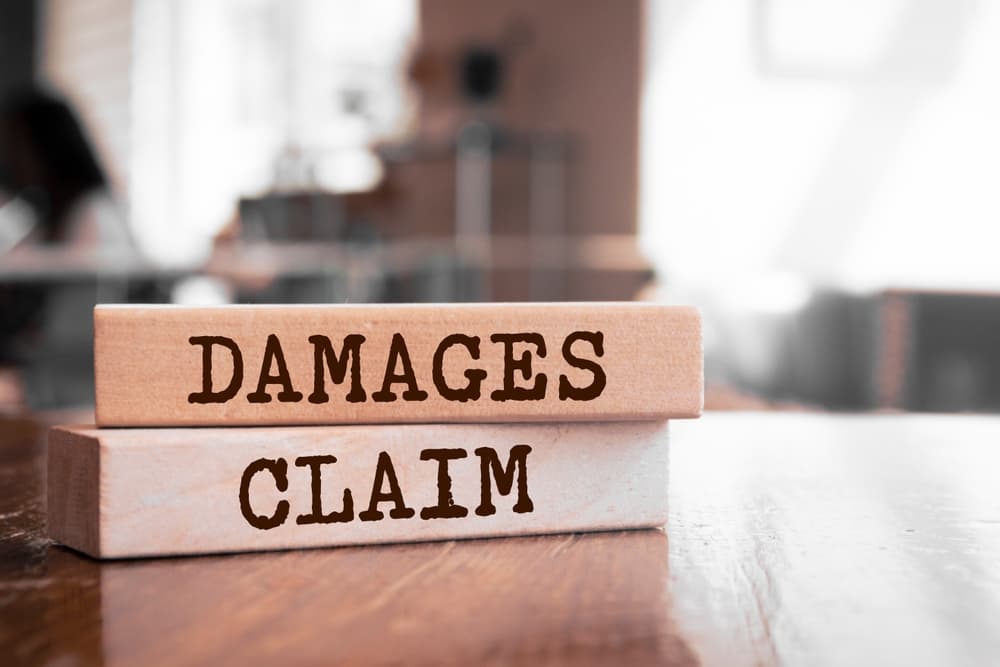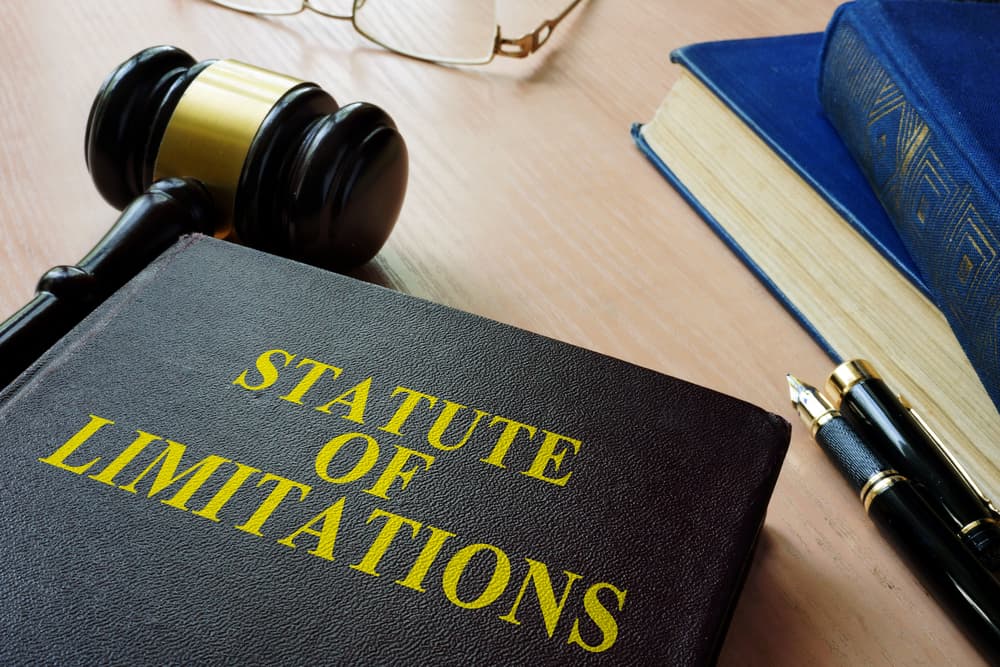Car accidents can cause significant physical, emotional, and financial distress. When you suffered an injury in a car accident due to someone else’s negligence, one of your primary concerns may be how to cover the costs associated with your injuries. Medical bills, lost income, vehicle damage, and pain and suffering can add up quickly, making it difficult to move on from the accident. Filing a lawsuit may seem like the best option, but many people often ask, “Who pays when you sue in a car accident?”
The reality is that many different parties can be responsible for covering your compensation when you file a car accident lawsuit. Consulting with a skilled St. Louis car accident lawyer can ensure you understand how liability is determined, the role of insurance, and how you can protect your financial interests if you’re considering legal action after a car accident. If you have recently suffered an injury in a car accident, make it a priority to connect with an attorney today.
Determining Liability in a Car Accident Lawsuit

Before understanding who pays in a car accident lawsuit, it's essential to establish who is at fault for the accident. Liability is a key factor in determining who is financially responsible for damages. If a driver’s negligence, recklessness, or unlawful actions caused the accident, they can be held legally accountable for any injuries or damages that result from the crash.
Some common factors that determine liability include:
- Speeding: Driving above the speed limit can result in accidents, especially in areas with heavy traffic or unpredictable road conditions.
- Distracted driving: Using a phone, eating, or engaging in any activity that takes attention away from driving can lead to accidents.
- Drunk or impaired driving: Driving under the influence of alcohol or drugs is a leading cause of car accidents and can result in severe legal penalties.
- Violating traffic laws: Running red lights, failing to yield, or making illegal turns can lead to accidents and establish fault.
- Vehicle maintenance: If a vehicle is poorly maintained and causes an accident (e.g., faulty brakes), the owner or maintenance provider may share liability.
After establishing liability, the next step involves identifying the responsible party or parties, since multiple individuals or entities may share responsibility in certain accidents.
Common Liable Parties in Car Accident Cases
When you file a lawsuit after a car accident, several parties can be responsible for paying compensation. The determination of who pays largely depends on the circumstances of the accident, the at-fault party's insurance coverage, and the legal proceedings that follow.
The At-Fault Driver

In most car accident cases, the at-fault driver is the primary party responsible for covering damages. If the driver’s negligence or reckless behavior caused the accident, they will typically be liable for any resulting medical bills, property damage, lost income, and other expenses.
However, the at-fault driver is rarely the one who directly pays out of pocket. Instead, their auto insurance policy typically covers the costs of the accident up to the policy limits. Auto insurance is a key element in car accident lawsuits, and how much coverage the at-fault driver has can impact how much compensation you can recover.
Insurance Companies
In most car accident lawsuits, the at-fault driver’s insurance company is the one who ultimately pays for the damages, not the driver. When you file a claim against the driver, their insurer steps in to handle the legal proceedings and pay for the damages as long as they fall within the policy’s limits.
Two primary types of insurance coverage may be involved:
- Liability coverage: This type of insurance pays for the damages caused to other people in an accident. It covers the injured party's medical expenses, lost income, and property damage. Most drivers are legally required to carry liability insurance, though the minimum required limits may vary.
- Personal injury protection (PIP) coverage: In some cases, a driver’s PIP insurance can cover some medical bills and lost income for their injuries. If the driver’s coverage does not cover your damages, you may seek additional compensation through a lawsuit.
Injured parties should be aware that all auto insurance policies have limits. If the cost of your damages exceeds the at-fault driver’s coverage limits, you may need to seek compensation from other sources.
Multiple At-Fault Parties
In some car accidents, more than one party may be responsible for the crash. When multiple parties are found liable, they may split compensation based on their degree of fault.
Determining liability can be complex in accidents involving multiple vehicles, companies, or government entities. An car accident lawyer can help ensure that all liable parties are held accountable and that you pursue compensation from every potential source.
Commercial Entities or Employers
The company or employer may be liable if the accident involved a commercial vehicle, such as a delivery truck, taxi, or rideshare vehicle. Employers are generally responsible for their employees' actions while performing job-related duties.
For example, if a delivery driver causes an accident while on the job, the company they work for may be responsible for paying damages. Similarly, if a rideshare driver causes an accident, the company’s insurance policy may cover the damages.
Commercial entities must carry higher insurance coverage, which can increase the compensation available to injured parties. If your accident involved a commercial vehicle, your car accident lawyer will explore the possibility of holding the employer liable.
Government Entities
Unsafe road conditions can cause car accidents, poorly designed roadways, or a lack of proper signage. If a government agency responsible for maintaining the roadways fails in its duty, leading to an accident, the government entity may face liability.
Suing a government agency can be more challenging than filing a claim against an individual or insurance company. Government agencies often enjoy sovereign immunity, which restricts the situations where individuals can file lawsuits against them. However, exceptions exist, and an experienced car attorney can help manage these complexities if your case involves government liability.
Vehicle Manufacturers
The vehicle or parts manufacturer may be liable if a defective vehicle or vehicle component, such as faulty brakes, airbags, or tires, causes your car accident. Product liability laws hold manufacturers responsible for ensuring their products are safe for consumer use.
If a design flaw, manufacturing defect, or failure to warn about potential hazards caused the accident, you can file a lawsuit against the manufacturer. The manufacturer’s insurance or legal department will handle the compensation process in such cases.
What If the At-Fault Driver Doesn’t Have Insurance?
In some cases, the at-fault driver may not have insurance or be underinsured, meaning their policy doesn’t cover the full extent of your damages. If you find yourself in this situation, you have a few options:
Uninsured/Underinsured Motorist Coverage
If you have uninsured or underinsured motorist (UM/UIM) coverage as part of your auto insurance policy, you can file a claim with your insurance company to cover the damages caused by the at-fault driver. This coverage protects you when the other driver has insufficient insurance.
UM/UIM coverage can help pay for medical expenses, lost income, and other damages that will otherwise go uncompensated due to the at-fault driver’s lack of insurance.
Personal Assets of the At-Fault Driver
If the at-fault driver doesn’t have insurance or their coverage is insufficient, you can pursue their assets to cover your damages. However, this option is often less practical, as most individuals don’t have the personal wealth to cover significant accident-related costs.
While you can file a lawsuit to obtain a judgment against the driver, collecting on that judgment can be difficult if they don’t have valuable assets, savings, or income to garnish.
What Kind of Compensation Can You Recover in a Car Accident Lawsuit?

When you file a car accident lawsuit, you can pursue various avenues for compensation, also known as damages. These damages aim to cover both the financial and emotional losses you've experienced due to the accident. This includes medical expenses, lost income, and property damage, as well as pain and suffering and emotional distress. Each compensation plays an important role in helping you recover and move forward after the incident.
Economic Damages
Economic damages refer to tangible, quantifiable losses resulting from the accident. These damages typically include:
- Medical expenses: This includes the cost of emergency care, hospital stays, surgeries, medications, physical therapy, and any future medical treatments related to the accident.
- Lost income: If your injuries prevent you from working, you can seek compensation for your lost income.
- Property damage: You can recover compensation for repairing or replacing your vehicle and any other property damaged in the accident.
- Future earning capacity: If your injuries result in long-term disability or reduced ability to work, you may be entitled to compensation for lost future income.
Non-Economic Damages
Non-economic damages are more subjective and compensate you for the emotional and psychological toll the accident has taken on your life. These damages include:
- Pain and suffering: This compensates you for the physical pain and emotional distress you’ve experienced due to your injuries.
- Loss of enjoyment of life: If your injuries prevent you from enjoying activities or hobbies you once loved, you may be entitled to compensation for this loss.
- Emotional distress: This covers the psychological impact of the accident, including anxiety, depression, and trauma.
- Loss of consortium: If your injuries affect your relationship with your spouse, you may be entitled to compensation for the loss of companionship or affection.
Punitive Damages
Sometimes, the court may award punitive damages if the at-fault party’s actions were reckless or malicious. Punitive damages punish the responsible party and deter others from engaging in similar behavior. These damages are rare and typically awarded in cases of extreme negligence, such as drunk driving or intentional harm.
The Statute of Limitations for Car Accident Claims

The statute of limitations for car accident claims establishes the time frame for a person to file a lawsuit or claim after being involved in a car accident. This legal deadline varies based on the claim, such as personal injury or property damage. Failing to file within the statute of limitations can result in losing the right to seek compensation.
The statute of limitations for personal injury claims typically begins on the date of the accident. However, the deadline may be extended in some cases, such as if injuries are discovered later or if the victim is incapacitated. Similarly, claims for property damage often have a separate deadline, and acting within this timeframe allows you to recover repair costs or other related expenses.
There may be exceptions to the statute of limitations, such as when minors are involved or if the at-fault party intentionally conceals wrongdoing. Additionally, the timeline for claims can differ depending on the party being sued, such as a government entity, which often has shorter deadlines and additional procedural requirements.
Understanding the statute of limitations is critical for protecting your legal rights. Filing a claim after the deadline can lead to the court dismissing your case, leaving the injured party unable to recover damages. Be sure to consult with a car accident attorney as soon as possible after a car accident to ensure that you are fully aware of the applicable deadlines and procedures.
Injured in a Car Accident? Contact a Seasoned Car Accident Attorney Today
When you’ve suffered an injury in a car accident, determining who will pay for your damages is a detailed process that depends on factors like liability, insurance coverage, and the involvement of multiple parties. While the at-fault driver’s insurance typically covers the costs, other avenues of compensation are available, especially if the at-fault party is uninsured or underinsured.
To protect your rights and ensure you receive the compensation you deserve, work with an experienced car accident attorney. A personal injury attorney will guide you through the legal process, negotiate with insurance companies, and, if necessary, pursue litigation to ensure that all responsible parties are held accountable. By understanding the ins and outs of car accident lawsuits and the factors that determine who pays, you can make informed decisions and focus on your recovery.
